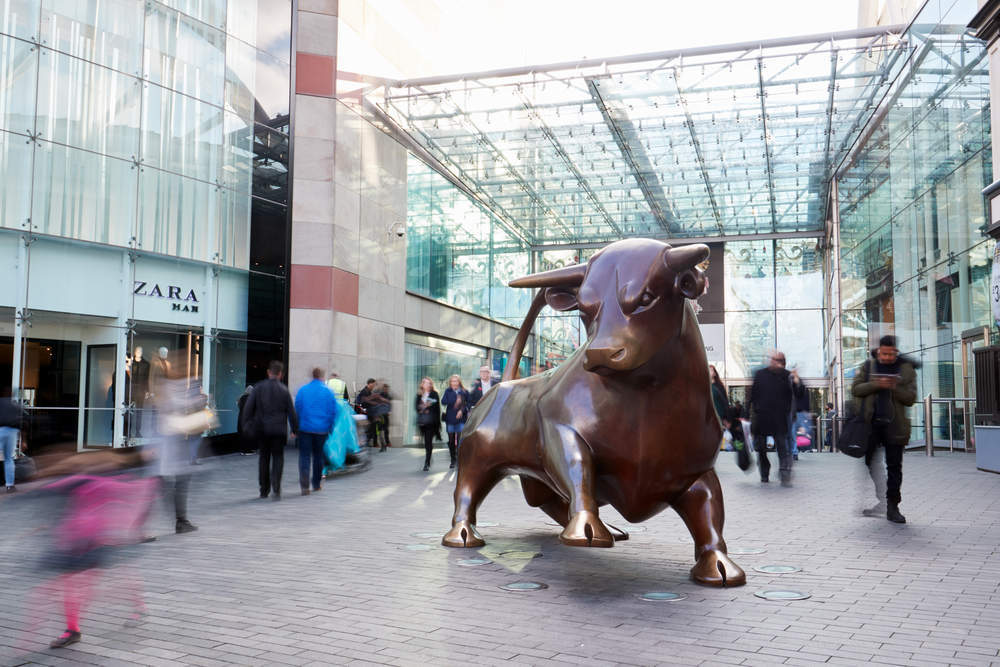The tie up be Hammerson and Intu — announced yesterday — will give the combined group a stake in 12 of the 20 so-called super malls in the UK.
The proposed deal will net the group a stake in almost 60 percent of all UK super malls space making it a force in the retail landscape, well placed to benefit from retail spend shifting across locations.
Shares in Intu jumped by almost 19 percent after the tie-up was announced, while Hammerson shares dropped by three percent.

Hammerson shareholders will own 55 percent of the combined company and Intu investors will own the rest.
Super malls are defined as large shopping centres over 20m sq ft that attract more than 20m visitors annually. The the UK the likes of Birmingham Bullring, Intu Trafford and Manchester Arndale are considered super malls.
How well do you really know your competitors?
Access the most comprehensive Company Profiles on the market, powered by GlobalData. Save hours of research. Gain competitive edge.

Thank you!
Your download email will arrive shortly
Not ready to buy yet? Download a free sample
We are confident about the unique quality of our Company Profiles. However, we want you to make the most beneficial decision for your business, so we offer a free sample that you can download by submitting the below form
By GlobalDataDominance in the location will bolster the group’s negotiating power with both retailers and leisure operators, helping to create destination shopping centres with all-round appeal, enabling the group to better compete with experience-focused Westfield, which has set the bar high.
Although the group plans to sell £2bn of assets to improve its balance sheet, these are unlikely to be all-important super malls considering spend is set to rise 7.2 percent in the location over the next five years, outstripping growth in physical retail forecast at five percent (across non-food sectors), according to GlobalData’s forecasts.
The combined group will prioritise super malls development, enhancing the locations to appeal to shoppers looking for product and retailer choice alongside an exciting food service and leisure offer.
As clothing and footwear retailers focus on super malls to create large-scale, experience-led stores, physical retail spend will move away from town centres towards destination shopping centres ensuring super malls space is hot property.








Related Company Profiles
Hammerson Plc